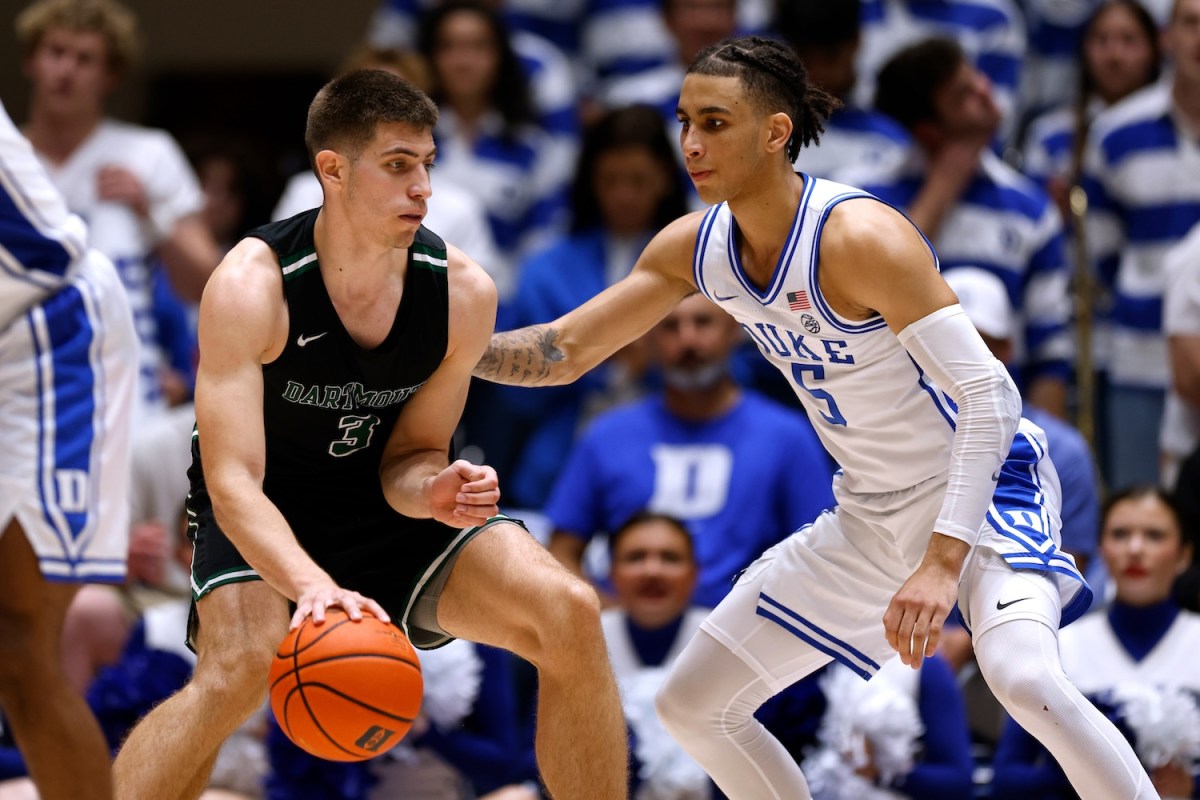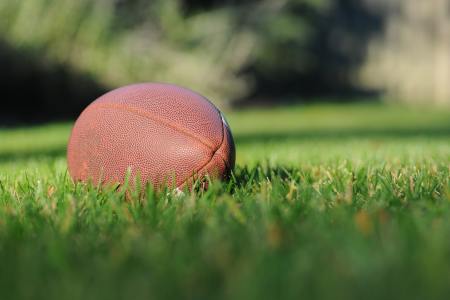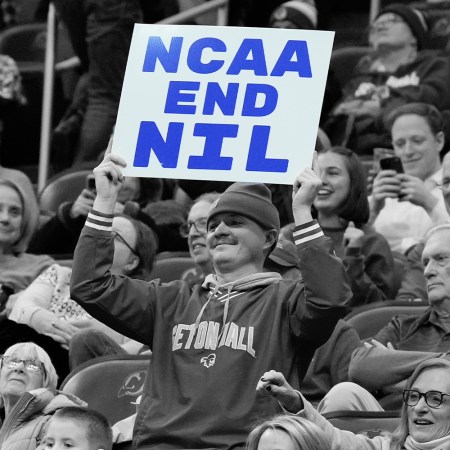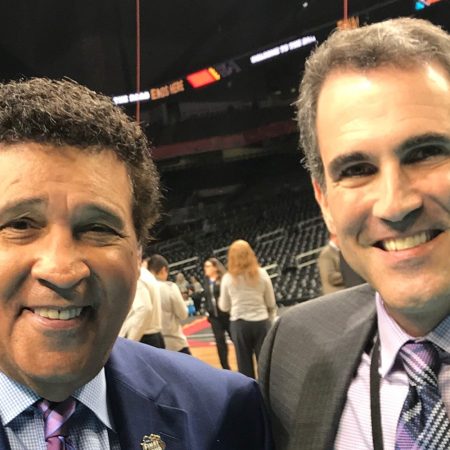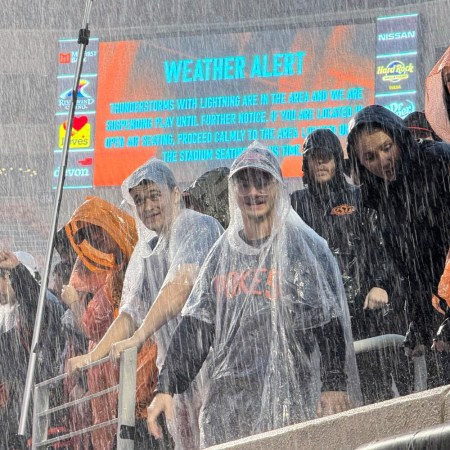Yesterday, a regional branch director for the National Labor Relations Board (NLRB), an agency that enforces U.S. labor laws, declared members of the Dartmouth University men’s basketball team “employees” of the school and said they have the right to unionize. The decision is described in a Yahoo! Sports article as a “consequential” step toward the end of college athletics amateurism.
“If Dartmouth basketball players are employees, then it’s easy to imagine that all other athletes at the collegiate level would also be considered employees,” said Gabe Feldman, a Tulane sports law professor, in the Yahoo! Sports piece. “This could be the first domino that leads to full-fledged employee status for many college athletes, or it could be like the Northwestern case — a false alarm.”
NIL Deals Prompt NCAA to Probe Two College Football Programs
This could have wider implicationsIn 2015, a different NLRB regional director said that members of the Northwestern University football team are school employees and could unionize. However, the NLRB’s national panel later rejected the players’ petition. Like the Northwestern case, the Dartmouth decision could be appealed, but the difference between the Northwestern scenario and that of Dartmouth’s is that the latter school competes in the Ivy League against private schools. Nine years ago, the Big Ten conference consisted of all public schools, with one exception: Northwestern. The NLRB only deals in matters regarding private employers, so this time its national panel is more likely to approve the measure.
Something else has changed since that decision from 2015. In 2021, the Supreme Court ruling in NCAA vs. Alston paved the way for college athletes to earn money for use of their name, image and likeness in “NIL deals.” So students are already getting paid for playing sports right now, and it’s not as vast a leap to consider them actual employees of their schools, for which some of them generate hundreds of millions of dollars.
Of course, the NCAA doesn’t like the idea of regarding its athletes as employees. Then, the schools under its umbrella would be forced to compensate them as professionals, not merely as students with incentives like scholarships. Such a potential change would open a sizable can of worms; all kinds of considerations would have to come into play for institutions, their governing bodies, students and fans as well. But it would also mean that athletes are paid for the work they do in preparation for games and between competitive lines on fields of sport, instead of any number of people around them with a far less-direct impact on school revenue generation.
As Ramogi Huma, the executive director of the National College Players Association, an athlete advocacy group, said recently, “The years of tradition we’re trying to stop is the tradition of exploitation, the tradition of double standards and the tradition of refusing to pay fair market value to employees.” All that, plus corruption that saw players obtain improper benefits for suiting up for schools in the first place. (See: Reggie Bush and many others.)
The Charge will help you move better, think clearer and stay in the game longer. Subscribe to our wellness newsletter today.
